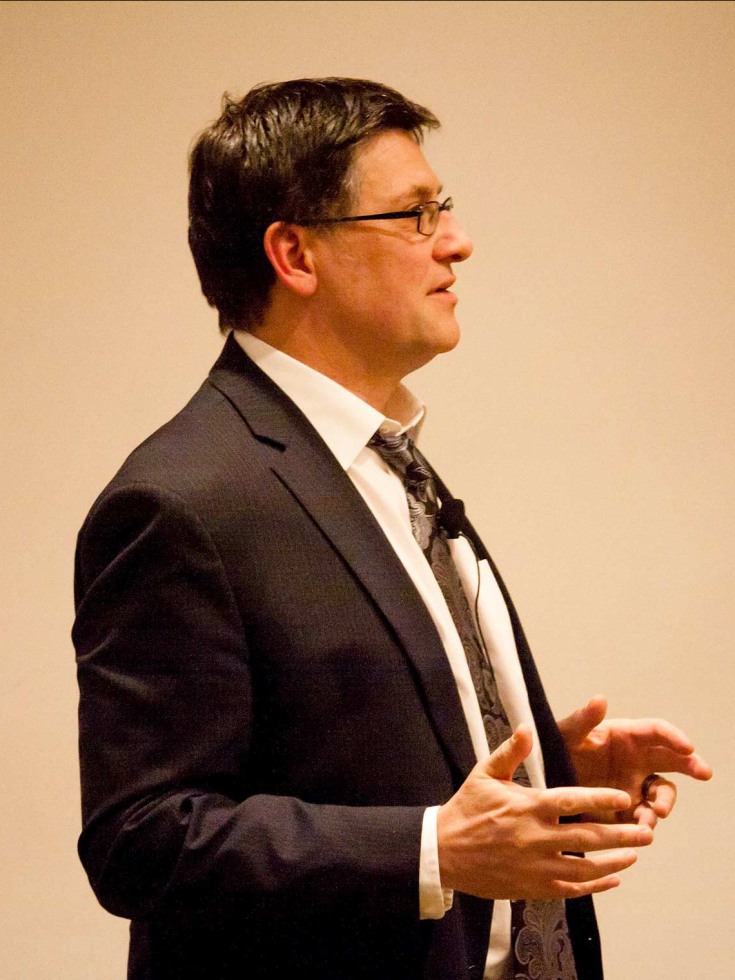PROVIDENCE, R.I. [Brown University] — Every January, millions of people set new goals in hopes of improving their lives. Driven to boost their health and happiness, they scour books and news articles full of meditation tips, exercise routines and diet ideas.
For those who make New Year’s resolutions, doctors and psychologists have become the ultimate experts. But whither the philosopher — that rare breed of person who spends all day, every day, contemplating the meaning of life?
Bernard Reginster, a professor of philosophy at Brown University, believes in asking the hard questions: What is the mark of a life well-lived? What is the difference between a happy life and a good life? He poses these questions to his students in courses like Well-Being and The Psychology and Philosophy of Happiness. And he argues that if people can’t answer these questions for themselves, they’re unlikely to find satisfaction in any of those scientist-approved New Year’s resolutions. After all, how can someone find happiness in any new habit if they haven’t yet defined what “happiness” actually means to them?
“If you believe that what makes your life good is to experience as much pleasure as possible, and you want to know how to maximize pleasure, there’s no question that you will want to turn to research by empirical psychologists,” Reginster said. “But that question comes downstream from the fundamental questions of whether a pleasant life is a good life, and what ‘good’ even means — and those are questions for philosophers.”
In the midst of New Year’s resolution season, Reginster answered questions about his own background studying the philosophy of well-being, why psychological studies can miss the mark in identifying the key to happiness, and how philosophy could help people discover what’s most important in life.
Q: How did you come to study topics like well-being and happiness?
My scholarly work is about ethical issues in 19th and 20th century philosophy. When people talk about 19th-century philosophy, they usually talk about the figures who made big strides in moral and political thought. But I discovered that in the 19th century, there had also been a fairly robust and substantial debate on the nature and character of happiness. In 2006, I wrote a book based in part on those philosophical debates. It was ostensibly about the meaning of life, but it was really focused on what defines a “good” life. That was probably my first step toward studying these topics.
Then, from 2011 to 2020, I founded and directed the Program for Ethical Inquiry at Brown. In the context of that program, I sponsored the development of new courses — and one of them was a course called Happiness in Psychology and Philosophy, which I taught in collaboration with Joachim Krueger, a professor in the Department of Cognitive, Linguistic and Psychological Sciences. In the course, we looked at the findings on happiness from recent psychological studies, and we looked at some of the most well-known philosophical theories on happiness. We also discussed how philosophers might react to the ways in which psychological researchers presuppose a certain definition of “happiness.”
